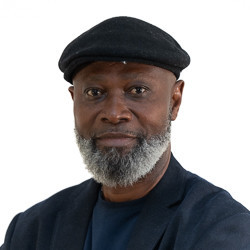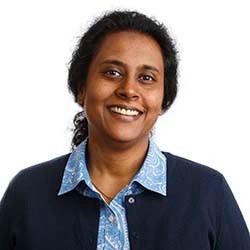Ghana
The Context
With a population of 27.4 million in 2015, Ghana, located to the east of Côte d’Ivoire in West Africa, has historically had one of the continent’s best-performing economies.
Despite development of oil reserves, growth has slowed in recent years, to 3.6 per cent in 2016, according to the World Bank. After a successful transfer of power following elections in December 2016 a new government is wrestling with a fiscal deficit.
However, social inequality and further reducing rural poverty remain the most pressing challenges.
Poverty rates in the north are two to three times the national average.
Ghanaian agriculture is dominated by traditional smallholder farms, which typically cover fewer than two hectares, and farmers, including women and girls, are often among the rural poor and food-insecure.
With few employment options available, many young men and women leave their villages for urban centres. This migration leads to an ageing and generally less dynamic population in rural areas, with high rates of youth unemployment, underemployment and social inequality.
Domestic and regional demand for food crops is strong, and agribusinesses are interested in working with smallholders. But they want more formalized business relationships along the value chains.
Ghana’s small scale farmers need help to switch to modern commercial agriculture. In particular, they need better infrastructure, equipment, inputs and technology, as well as facilities for storing, processing and marketing produce.
They also need help to overcome climate-related hazards, including dry spells and droughts, degradation and erosion of arable land, and intermittent floods and resulting infrastructure damage.
The Strategy
In Ghana, IFAD loans support the reduction of poverty in line with the government’s economic development strategy. IFAD-supported projects help build inclusive and sustainable institutions, backed by pro-poor investments and policies and relevant innovation and learning.
IFAD supports Ghana’s Shared Growth and Development Agenda, which aims to accelerate agricultural modernization, enhance sustainable natural resource management and improve private-sector competitiveness. Our work also aligns with the efforts of Ghana’s Medium Term Agriculture Sector Investment Plan to improve food security, raise incomes and reduce rural poverty.
Our activities aim to help entrepreneurial poor people grasp local opportunities to improve their livelihoods and target women, small farmers and, in particular, rural young people. Investment priorities are based on market demand and opportunities for public-private partnerships.
In sum, IFAD invests energetically in helping rural people improve their farm and off-farm activities. This is supported by Ghana’s robust democracy and strong commitment to attracting foreign and domestic investment to provide opportunities for rural young women and men.
Country Facts
Agriculture has driven Ghana’s economic growth in recent years and remains the primary way Ghanaians earn their living, especially the poorest.
Poverty rates in the north are two to three times the national average, and chronic food insecurity remains a critical challenge there.
Since 1980, IFAD has invested a total of US$271.5 million in seventeen projects and programmes in Ghana, benefiting more than 3,500,000 households.

